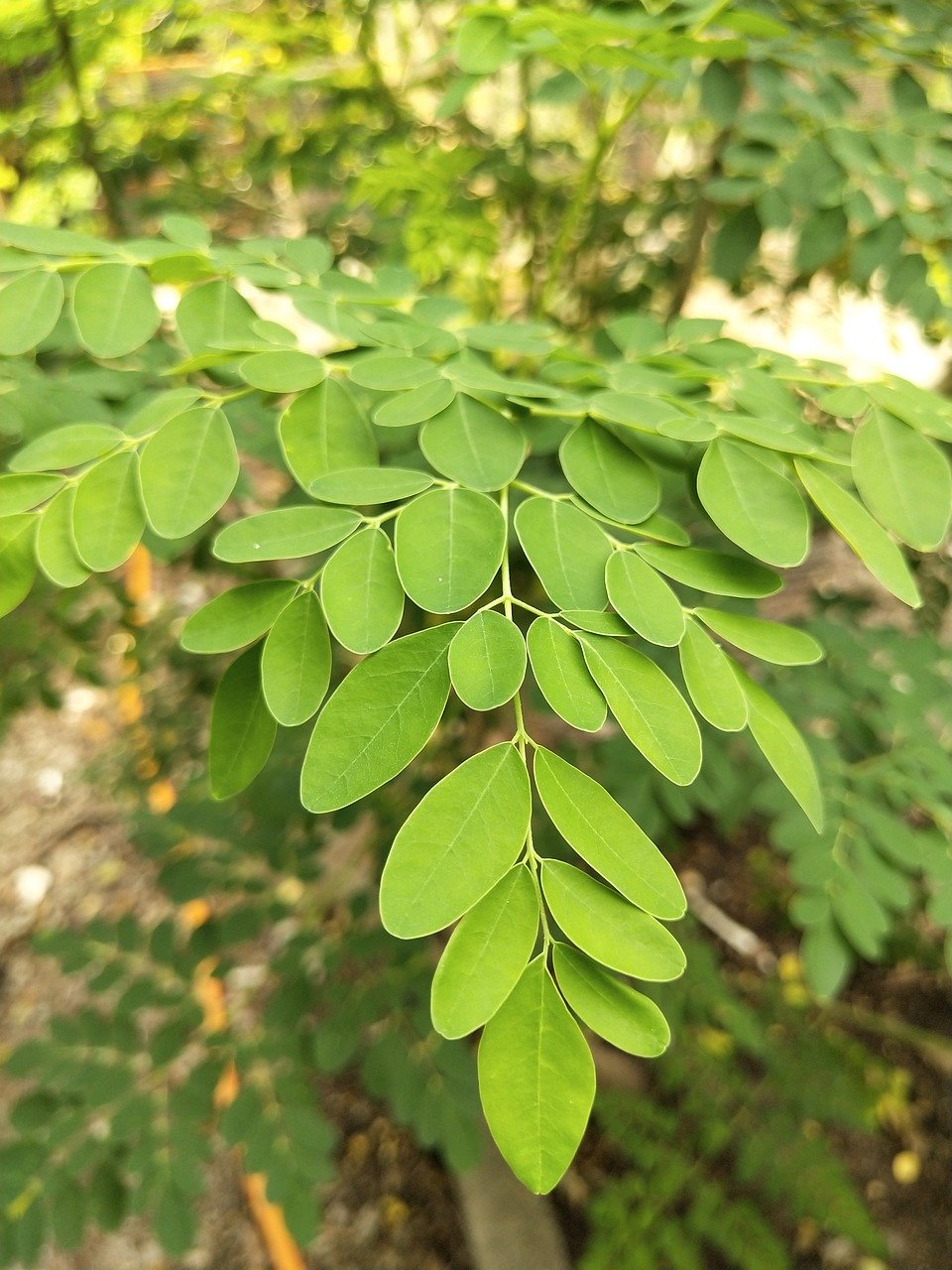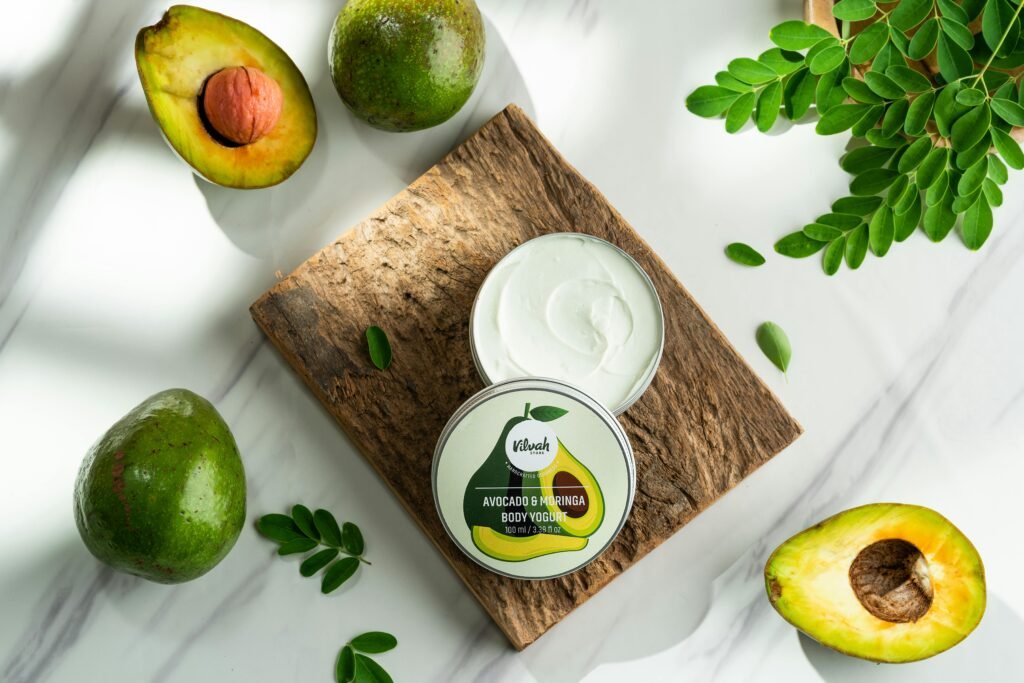Have you ever heard of Moringa and wondered how it might benefit your health, particularly when it comes to inflammation? You’re not alone. Moringa, often referred to as the “drumstick tree” or “miracle tree,” is getting a lot of attention for its potential health benefits. Let’s take a closer look at what Moringa is, how it might help with inflammation, and what the science says.
What is Moringa?
Moringa is a small tree native to parts of Africa and Asia. Its leaves, seeds, and pods are all edible and packed with nutrients. Known scientifically as Moringa oleifera, this tree has been used in traditional medicine for centuries. You might find Moringa available in various forms, including powders, capsules, and teas, making it easy to incorporate into your daily routine.
The nutritional profile of Moringa is impressive. It contains significant amounts of vitamins A, C, and E, calcium, potassium, and protein. These constituents not only contribute to its status as a superfood but also hint at its potential anti-inflammatory properties.
The Connection Between Inflammation and Health
What is Inflammation?
Inflammation is your body’s natural response to injury and infection. It plays a vital role in protecting your body. However, chronic inflammation can lead to various health issues such as arthritis, heart disease, and even certain cancers. Understanding the difference between acute and chronic inflammation can help you navigate health topics more effectively.
Acute vs. Chronic Inflammation
| Type | Description | Duration |
|---|---|---|
| Acute | Short-term response to injury or infection. | Days to weeks |
| Chronic | Long-term inflammation that can result in tissue damage. | Ongoing, can last for months or years |
Recognizing inflammation is crucial for maintaining your overall health. If you feel pain, swelling, or redness, your body might be signaling inflammation.
How Does Inflammation Affect Your Body?
Chronic inflammation can lead to a wide array of health complications. Conditions like asthma, diabetes, and autoimmune diseases are often linked to ongoing inflammatory responses. If left unchecked, inflammation can cause tissue damage, impairing normal functions and leading to serious health concerns.
Moringa’s Anti-Inflammatory Properties
Compounds in Moringa That May Reduce Inflammation
Moringa’s potential to combat inflammation largely stems from its rich composition of antioxidants and anti-inflammatory compounds. These include:
- Flavonoids: Natural compounds found in many plants, known for their antioxidant properties.
- Phenolic Acids: Compounds that have been studied for healing and anti-inflammatory effects.
- Vitamins and Minerals: Providing essential nutrients that support an overall healthy inflammatory response.
Research suggests that these compounds might inhibit the production of pro-inflammatory cytokines, which are proteins involved in the inflammatory process.
Scientific Research on Moringa and Inflammation
Scientific studies are beginning to catch up to traditional knowledge regarding Moringa. Some research points to the potential of Moringa to help mitigate the effects of inflammation. For example:
-
Animal Studies: Some studies involving rats and mice have indicated that Moringa extracts can reduce inflammation markers in the body. While these results are promising, it’s essential to approach animal studies with caution as human responses can differ significantly.
-
Clinical Trials: Although not extensive, certain clinical trials have been conducted. One study found that Moringa supplementation led to reductions in inflammation in participants, suggesting a positive role for Moringa in inflammatory conditions.
Limitations of Current Research
While the initial findings are encouraging, the research on Moringa’s effects on human inflammation is still in its infancy. Most studies have small sample sizes or are conducted in vitro or in animals. As a result, more rigorous human trials are necessary to establish definitive conclusions on Moringa’s efficacy against inflammation.
How to Incorporate Moringa into Your Diet
Different Forms of Moringa
You might be wondering how to add Moringa to your meals. Lucky for you, there are several forms available that make it quite versatile:
- Moringa Powder: You can mix it into smoothies, oatmeal, sauces, or baking recipes.
- Moringa Capsules: A convenient option if you prefer taking supplements without the taste.
- Moringa Tea: A warm, soothing way to enjoy the benefits of Moringa.
- Fresh Moringa Leaves: These can be used similarly to spinach in salads or cooked dishes.
Recommended Serving Suggestions
Incorporating Moringa into your diet might be easier than you think. Here are some simple serving suggestions:
- Smoothies: Add a teaspoon of Moringa powder to your morning smoothie.
- Soups: Stir in some Moringa powder when making soup for added nutrition.
- Salads: Toss fresh Moringa leaves into your salads.
- Baking: Incorporate Moringa powder into baked goods, like muffins or pancakes.

Possible Side Effects and Considerations
Is Moringa Safe for Everyone?
While Moringa is generally considered safe for most people, there are certain groups who should exercise caution. These include:
- Pregnant and Nursing Women: Some parts of the Moringa plant could stimulate the uterus or affect breast milk.
- Individuals with Specific Health Conditions: If you have conditions like thyroid disease or are on medications that may interact with Moringa, consult with a healthcare professional before adding it to your routine.
How to Determine Your Optimal Dosage
Finding the right dosage of Moringa can vary based on individual needs. In general, start small, perhaps with a half teaspoon of powder and gradually increasing to the recommended serving. Here’s a helpful chart for dosing, but always listen to your body and consult with a healthcare provider when necessary.
| Form | Recommended Daily Dosage |
|---|---|
| Moringa Powder | 1-2 teaspoons |
| Moringa Capsules | 400-800 mg |
| Moringa Tea | 1-2 cups brewed from dried leaves |
Alternatives and Complementary Approaches for Inflammation
Other Natural Remedies for Inflammation
While Moringa shows promise, many other natural ingredients and lifestyle changes can also help with inflammation:
- Turmeric: Often hailed for its curcumin content, turmeric is a potent anti-inflammatory herb.
- Ginger: Known for its warming properties, ginger also has notable anti-inflammatory compounds.
- Green Tea: Packed with antioxidants, green tea can support your body’s inflammatory response.
Lifestyle Changes to Reduce Inflammation
In addition to food and supplements, lifestyle choices play a critical role in managing inflammation:
- Balanced Diet: Aim for a nutrient-rich diet filled with fruits, vegetables, whole grains, and healthy fats.
- Regular Exercise: Staying active helps regulate the inflammatory response in your body.
- Stress Management: Techniques such as yoga, meditation, and deep breathing can lower stress-induced inflammation.

Conclusion
So, does Moringa help with inflammation? The emerging evidence suggests that it could be beneficial in managing inflammation, thanks to its wealth of nutrients and antioxidant compounds. It’s important, however, to remember that more research is needed to draw clear conclusions.
Incorporating Moringa into your diet could offer an enjoyable and beneficial way to support your body’s health, but it should not replace traditional treatments, especially for chronic inflammatory conditions. Always consult with a healthcare provider before making significant changes to your health regimen.
With its potential benefits and versatility in the kitchen, Moringa might just be the superfood you’ve been looking for! Whether in a shake, a warm cup of tea, or sprinkled in your meals, Moringa offers a world of possibilities for enhancing your health and well-being.



